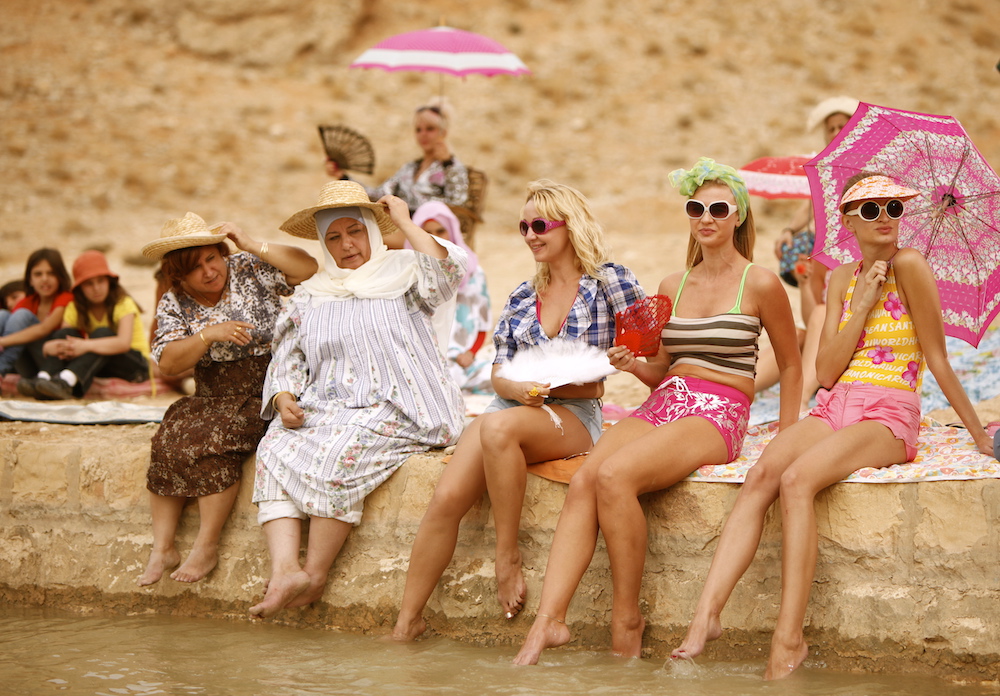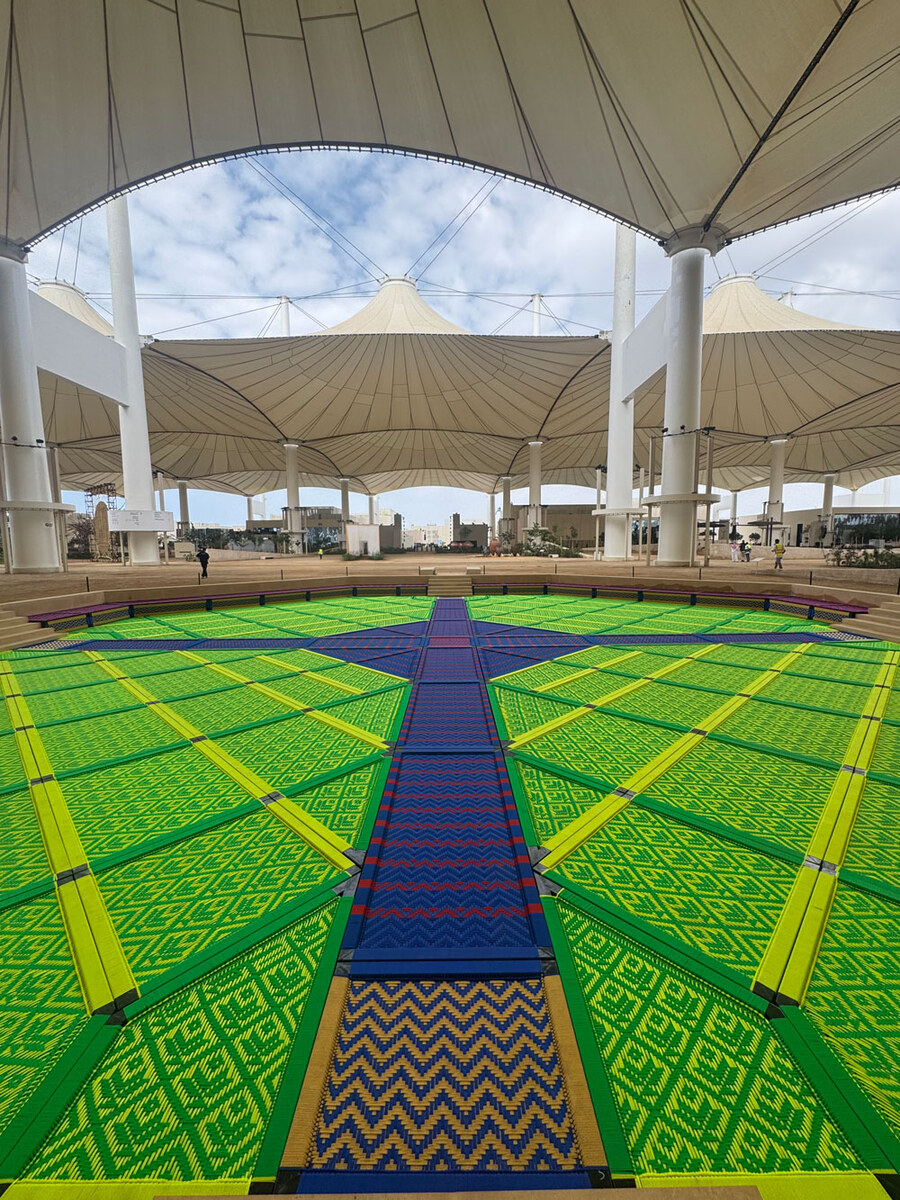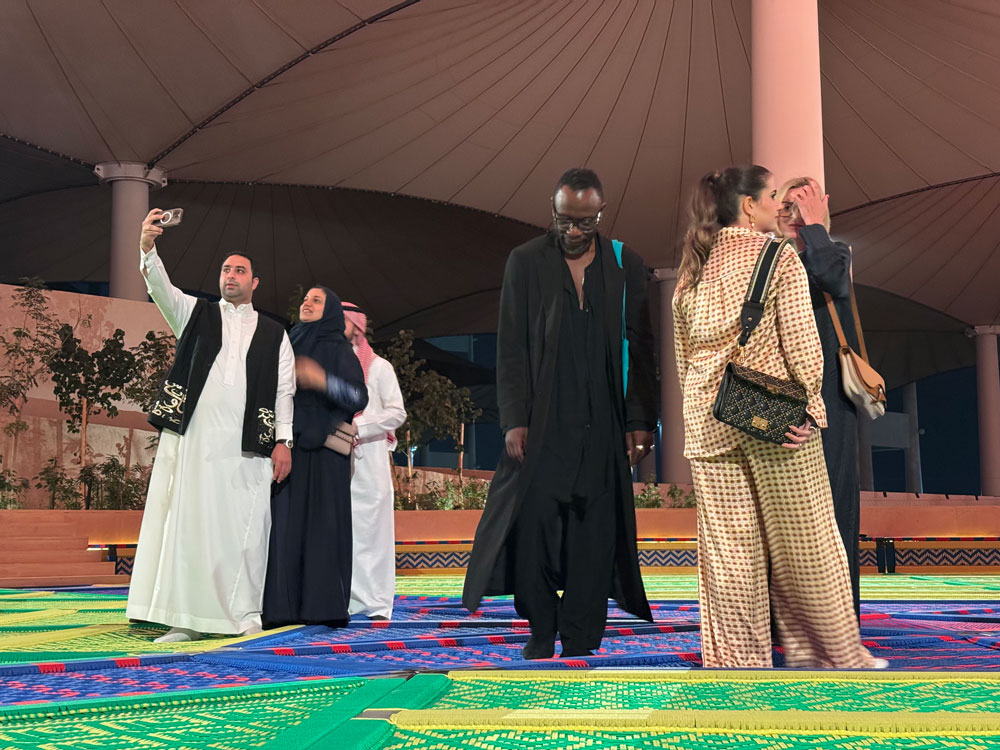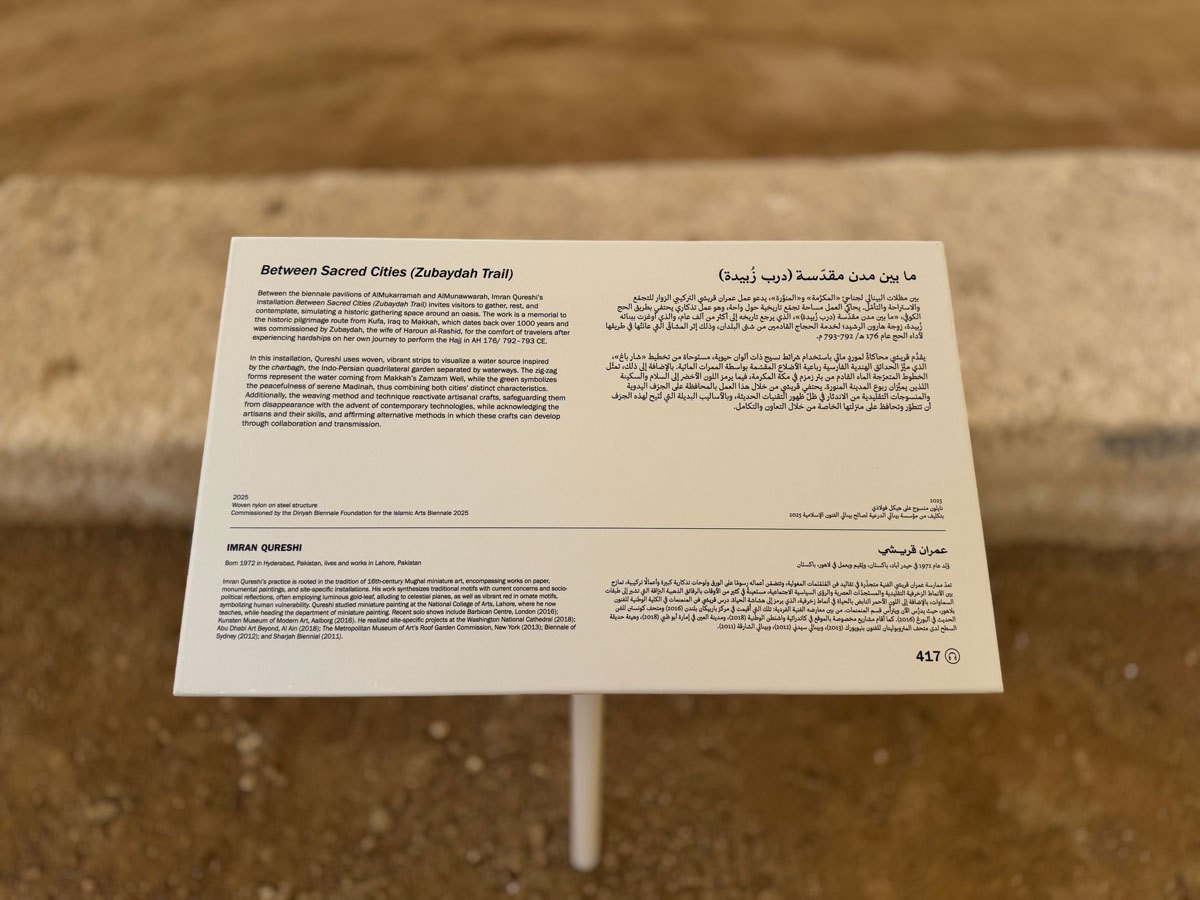DUBAI: As Beirut copes with the aftermath of a major explosion that ripped through the city’s port area on Aug. 4, killing at least 150 and wounding thousands, the cultural community in the UAE has stepped in to raise funds for the Lebanese Red Cross.
The UAE’s independent theatre Cinema Akil has teamed up with MENA distributor Front Row Filmed Entertainment to host Beirut Relief Screenings on Aug. 9, 10, 14 and 15. The independent cinema platform in Al-Serkal Avenue has selected two films by Lebanese directors Nadine Labaki and Ziad Doueiri for the screenings, and proceeds from the tickets priced at $14 will go to the Lebanese Red Cross.
Moviegoers can purchase tickets for Labaki’s “Where Do We Go Now?” and Doueiri’s “West Beirut” online at Cinema Akil’s website.
“Both ‘West Beirut’ and ‘Where Do We Go Now?’ are reflections of a Lebanese society that through unity, work to overcome the conditions of a volatile political geography,” said Front Row CEO Gianluca Chakra in a release.
“I am part Lebanese and spent a large chunk of my youth in school and university in Beirut,” Chakra adds. “Seeing the damage from that explosion truly affected us all at Front Row and these screenings with our close partners Cinema Akil are a way for me to give back to my home country.”
Set in 1975 at the onset of the Lebanese civil war, Doueri’s internationally-acclaimed film “West Beirut” was selected as Lebanon‘s entry for the Best Foreign Language Film at the 71st Academy Awards. The film follows a teenage boy named Tarek who finds himself in unlikely places as he crosses the Muslim and Christian divide in search for film for his camera. The coming-of-age movie has won a number of awards, including the FIPRESCI International Critics’ Award at the Toronto International Film Festival and the Best First Film at the Carthage Film Festival in 1998.

“Where Do We Go Now?” (2011). Supplied
Meanwhile, Labaki’s “Where Do We Go Now?” premiered during the 2011 Cannes Film Festival as part of Un Certain Regard. The film follows the inhabitants of a small village in the Lebanon mountains as a group of women try to ease tensions between Christian and Muslim men.
“Cinema Akil is proud to open its doors in what we consider a small contribution towards a much larger relief effort needed to support the people of Lebanon whose lives and futures lay in peril as a result of these catastrophic events,” said Cinema Akil founder Butheina Kazim.
“While both films are set against the backdrop of the civil war, they equally exhibit Lebanon not as a theatre of tragedy and destruction, but a Lebanon that is beautiful, a Lebanon that is joyful and a Lebanon that is resilient: a clear parallel to the Lebanon we are seeing come together today in solidary to pull the country from under the rubble.”





















